Katelyn Morrison
Proceedings of 1st Workshop on Advancing Artificial Intelligence through Theory of Mind
Apr 28, 2025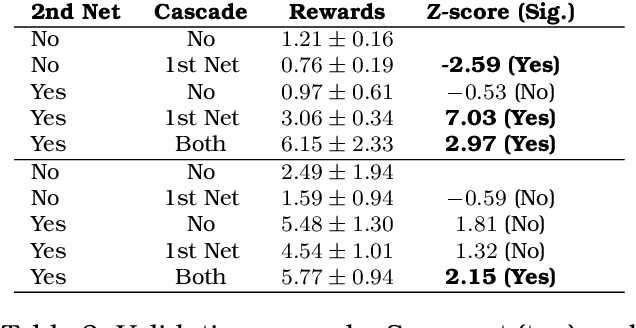


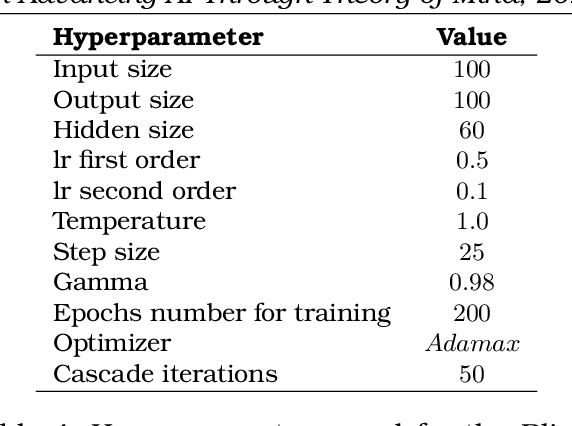
Abstract:This volume includes a selection of papers presented at the Workshop on Advancing Artificial Intelligence through Theory of Mind held at AAAI 2025 in Philadelphia US on 3rd March 2025. The purpose of this volume is to provide an open access and curated anthology for the ToM and AI research community.
Over-Relying on Reliance: Towards Realistic Evaluations of AI-Based Clinical Decision Support
Apr 10, 2025Abstract:As AI-based clinical decision support (AI-CDS) is introduced in more and more aspects of healthcare services, HCI research plays an increasingly important role in designing for complementarity between AI and clinicians. However, current evaluations of AI-CDS often fail to capture when AI is and is not useful to clinicians. This position paper reflects on our work and influential AI-CDS literature to advocate for moving beyond evaluation metrics like Trust, Reliance, Acceptance, and Performance on the AI's task (what we term the "trap" of human-AI collaboration). Although these metrics can be meaningful in some simple scenarios, we argue that optimizing for them ignores important ways that AI falls short of clinical benefit, as well as ways that clinicians successfully use AI. As the fields of HCI and AI in healthcare develop new ways to design and evaluate CDS tools, we call on the community to prioritize ecologically valid, domain-appropriate study setups that measure the emergent forms of value that AI can bring to healthcare professionals.
The Impact of Imperfect XAI on Human-AI Decision-Making
Jul 25, 2023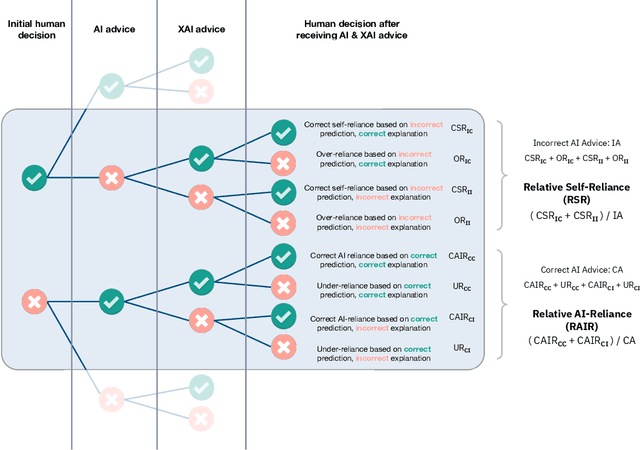
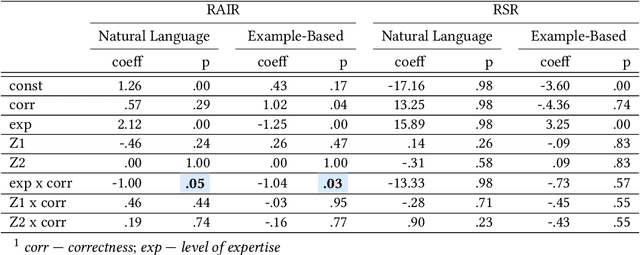
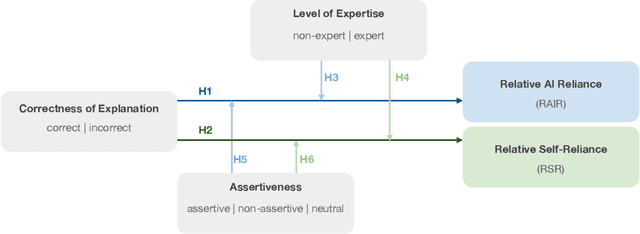
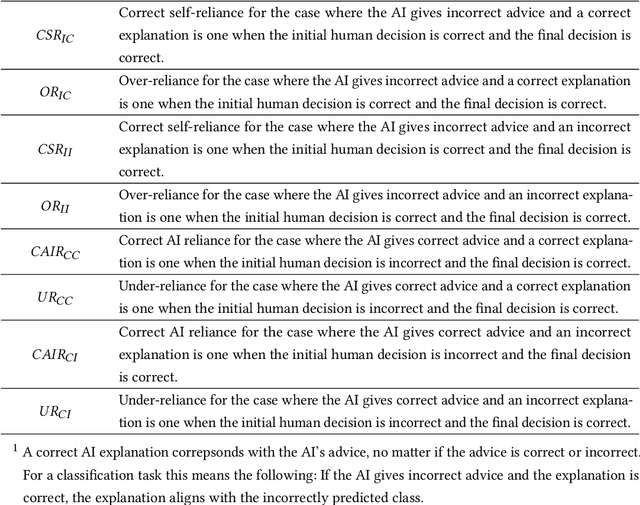
Abstract:Explainability techniques are rapidly being developed to improve human-AI decision-making across various cooperative work settings. Consequently, previous research has evaluated how decision-makers collaborate with imperfect AI by investigating appropriate reliance and task performance with the aim of designing more human-centered computer-supported collaborative tools. Several human-centered explainable AI (XAI) techniques have been proposed in hopes of improving decision-makers' collaboration with AI; however, these techniques are grounded in findings from previous studies that primarily focus on the impact of incorrect AI advice. Few studies acknowledge the possibility for the explanations to be incorrect even if the AI advice is correct. Thus, it is crucial to understand how imperfect XAI affects human-AI decision-making. In this work, we contribute a robust, mixed-methods user study with 136 participants to evaluate how incorrect explanations influence humans' decision-making behavior in a bird species identification task taking into account their level of expertise and an explanation's level of assertiveness. Our findings reveal the influence of imperfect XAI and humans' level of expertise on their reliance on AI and human-AI team performance. We also discuss how explanations can deceive decision-makers during human-AI collaboration. Hence, we shed light on the impacts of imperfect XAI in the field of computer-supported cooperative work and provide guidelines for designers of human-AI collaboration systems.
Exploring Corruption Robustness: Inductive Biases in Vision Transformers and MLP-Mixers
Jul 03, 2021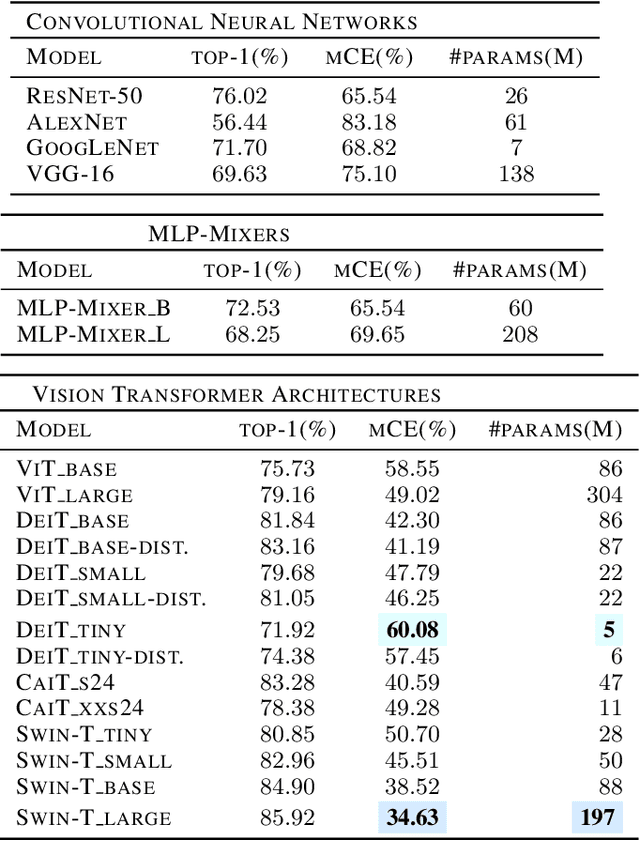
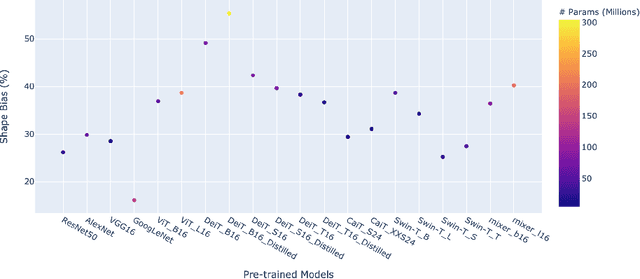
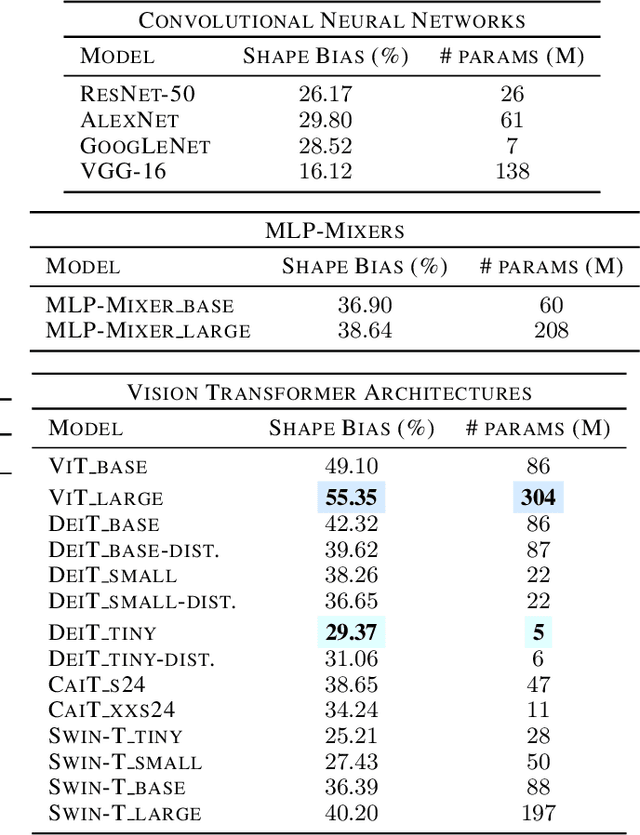
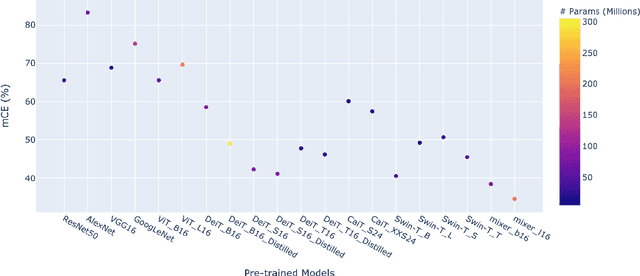
Abstract:Recently, vision transformers and MLP-based models have been developed in order to address some of the prevalent weaknesses in convolutional neural networks. Due to the novelty of transformers being used in this domain along with the self-attention mechanism, it remains unclear to what degree these architectures are robust to corruptions. Despite some works proposing that data augmentation remains essential for a model to be robust against corruptions, we propose to explore the impact that the architecture has on corruption robustness. We find that vision transformer architectures are inherently more robust to corruptions than the ResNet-50 and MLP-Mixers. We also find that vision transformers with 5 times fewer parameters than a ResNet-50 have more shape bias. Our code is available to reproduce.
Reducing Discrimination in Learning Algorithms for Social Good in Sociotechnical Systems
Dec 06, 2020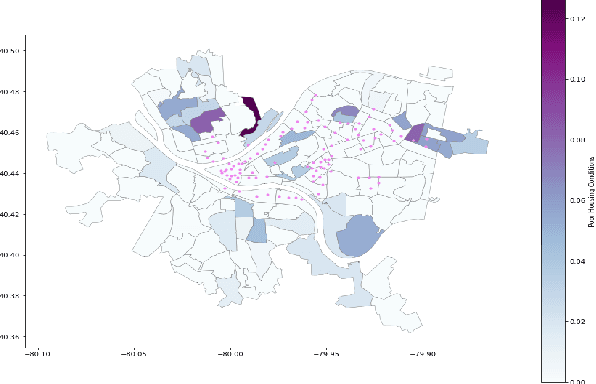
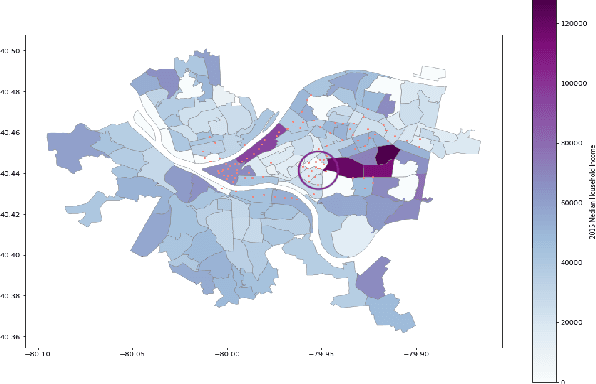
Abstract:Sociotechnical systems within cities are now equipped with machine learning algorithms in hopes to increase efficiency and functionality by modeling and predicting trends. Machine learning algorithms have been applied in these domains to address challenges such as balancing the distribution of bikes throughout a city and identifying demand hotspots for ride sharing drivers. However, these algorithms applied to challenges in sociotechnical systems have exacerbated social inequalities due to previous bias in data sets or the lack of data from marginalized communities. In this paper, I will address how smart mobility initiatives in cities use machine learning algorithms to address challenges. I will also address how these algorithms unintentionally discriminate against features such as socioeconomic status to motivate the importance of algorithmic fairness. Using the bike sharing program in Pittsburgh, PA, I will present a position on how discrimination can be eliminated from the pipeline using Bayesian Optimization.
 Add to Chrome
Add to Chrome Add to Firefox
Add to Firefox Add to Edge
Add to Edge